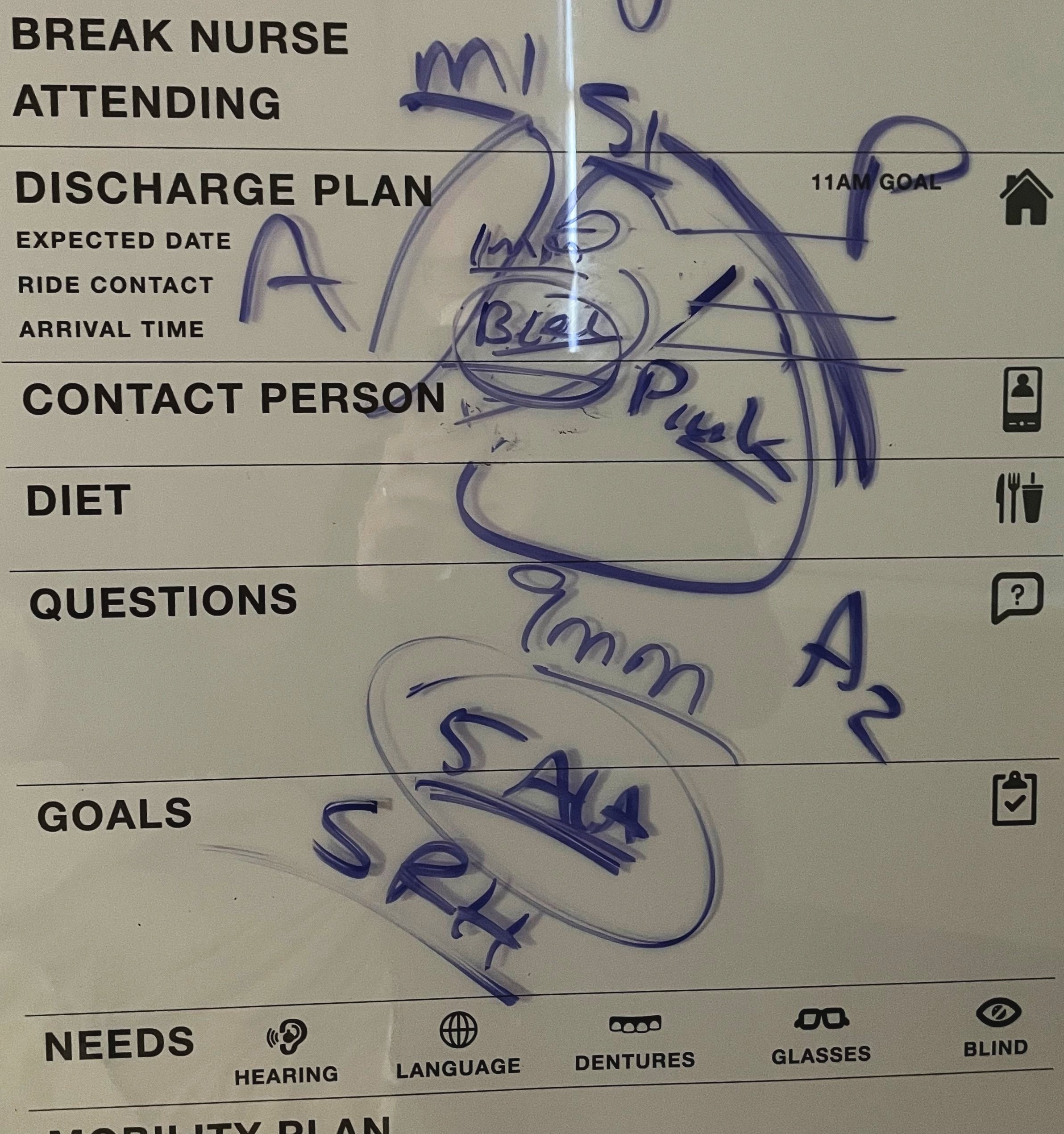
Patient & Researcher Blog
Here I aim to capture what I am learning as a newbie researcher from a patient perspective.
Living with a slow growing brain cancer
It is taboo for researchers to talk about their work before it is published.
I think that’s a bummer.
My favorite part about research is learning new things in real time. Here I share my observations as a learner and my n of 1 (personal) findings as a patient.
Note: I started blogging about brain cancer in 2008, at age 29.
I had no background or knowledge about healthcare when I began. Please excuse typos and other misconceptions. What you read here is me in real time, like a time capsule.
There are more than 500 posts here. Use this search to look for something specific. Good luck!
Nothing else will be scary again: my goal for 2015
And here I am, making a conscious decision to do something that takes eight months of commitment--eight months of training to do something intimidating, and awkward, and difficult. But I can’t say it is scary because I told myself six years ago that nothing would be scary ever again.
Lift with your head: the other 90% of my brain
I strongly believe in the power of advocacy as an important role in brain tumor survivorship. But advocacy only stimulates the 10% of my brain. There are many other parts of our brains--parts controlling crucial functions like heartbeats, muscles, balance, movement, the respiratory system, etc.--that require stimulation and use. That is the part of my brain I am just now starting to put to use and challenge for the sake of healing.
What are your post-brain surgery deficits?
My right-side balance and knowledge of where my body is space is so out of whack that I can't put my leg behind my body and just KNOW WHERE IT IS.
Photos: My brain as of May 21, 2009
Fortunately, neurons in other parts of my brain wanted to help me and they are currently rewiring themselves to pick up the slack.
Piano as occupational therapy
Piano was my first instrument and I can still read music, but I haven't played in nearly a decade. If I practice everyday, I bet the fine motor skills in my right hand will improve—hopefully to the point where I can play without looking at my hands.


